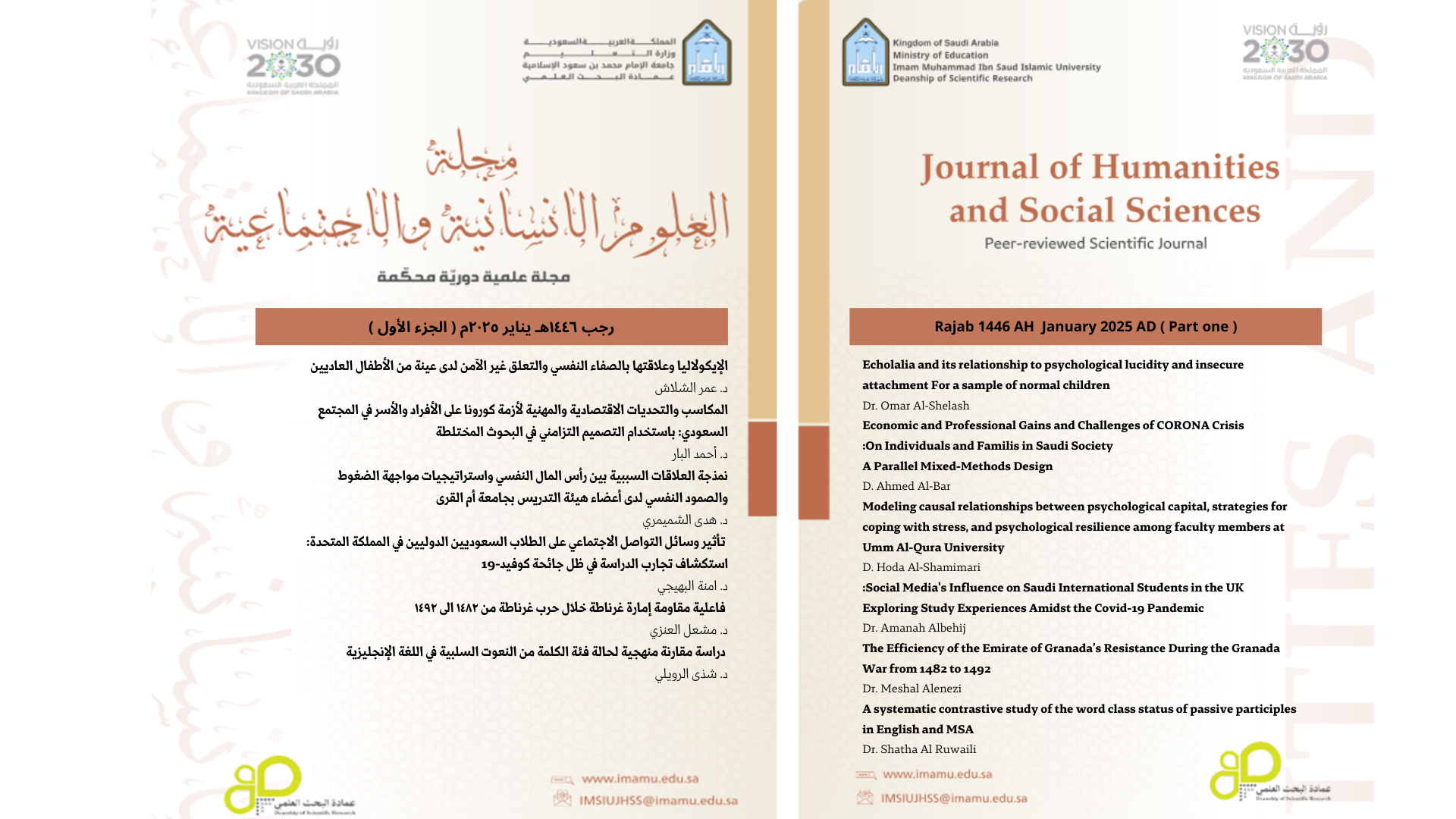The Efficiency of the Emirate of Granada’s Resistance During the Granada War from 1482 to 1492
Keywords:
Castile, Aragon, Granada, Sieges, Campaigns, BattlesAbstract
In 1481, Banū Naṣr (the Naṣrid dynasty), the rulers of Granada (1232–1492) were aware that Isabella I of Castile (1474–1504) and Ferdinand II of Aragon (1479–1516), intended to conquer the Emirate of Granada in the summer of 1482. Consequently, the Banū Naṣr waged war against the king and queen in 1482. This eventually resulted in the fall of the Emirate of Granada, the last Iberian Islamic state in the southern Iberian Peninsula, in 1492. This research examines the efficiency of Granada's military abilities and leadership during that the war.
Scholars and historians paid little attention to the Emirate of Granada’s military abilities during the war because they focused on the political reactions of the religiously and militarily powerful Islamic states, such as the Ottomans and the Mamlūks. Furthermore, they did not identify the factors that led to the steadfastness of Granada's military forces against the military forces of Castile and Aragon that were receiving military support from several Western European states. In addition, the military and political developments in Granada during the war were paid little attention.




